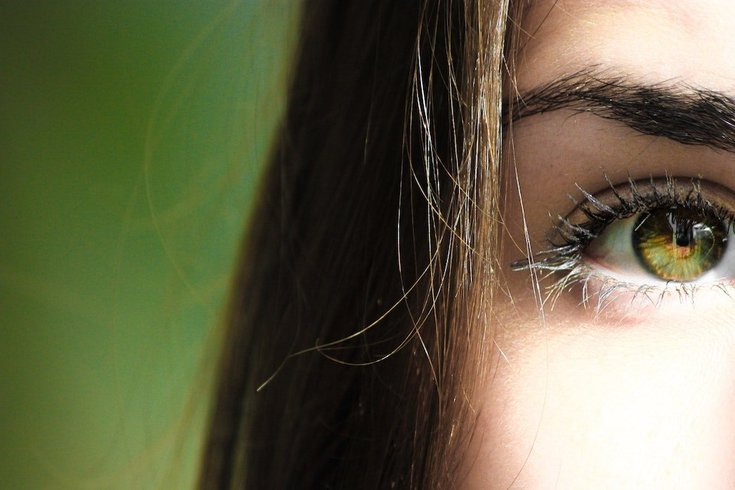
November 18, 2019
 Jan Krnc/Pexels.com
Jan Krnc/Pexels.com
Dry eye syndrome can lead to blindness and other vision issues, if left untreated.
You may have seen those commercials featuring Jennifer Aniston touting "eyelove" as a remedy for her dry eye symptoms. The ads are part of an awareness campaign by Shire, a pharmaceutical company that sells prescription eye drops.
But did you know that dry eye syndrome can lead to blindness if left untreated? What may at first seem like just a nuisance can actually turn into a serious health condition.
Dry eyes make the eyes feel uncomfortable. They may sting or burn. Other symptoms include a stringy mucus in or around the eyes, sensitivity to light, blurred vision, difficulty driving at night and watery, red eyes. Dry eyes can be aggravated by staring at a computer or television screen for long periods of time.
While there is no cure, lifestyle changes and eye drops can alleviate dryness and prevent permanent damage to the eyes.
According to the Mayo Clinic, dry eyes are caused by either too little tear production or an increase in tear evaporation. Some people also have "an imbalance in the makeup of their tears."
The inability to produce the right amount of tears is called keratoconjunctivitis. Aging, medical conditions like lupus, diabetes and rheumatoid arthritis, and certain medications such as hormone replacement therapy, antidepressants, antihistamines and decongestants also can affect tear production. So can laser eye surgery or radiation. Not blinking enough and certain eyelid problems including the out- and in-turning of the eyelids can also be factors.
According to the American Academy of Ophthalmology, our tears are made up of three layers: oil, water and mucus. Any imbalance in these layers can cause dry eyes.
Dry eyes are most common in women over the age of 50. Not getting enough vitamin A and wearing contact lenses also ups the risk.
If left untreated, dry eyes can cause damage to the cornea, the clear outer layer covering the eye, including vision loss and blindness.
"Unlike other parts of your body, the cornea doesn't contain any blood vessels," CNN reports. "Rather than getting oxygen and nutrients from blood, it receives them from tears. These tears also cleanse your eyes and wash away dust and germs."
In addition, dry eye syndrome increases the risk of a corneal ulcer or corneal abrasion. If you experience persistent symptoms of dry eyes, talk to your doctor about whether you should see an eye specialist.